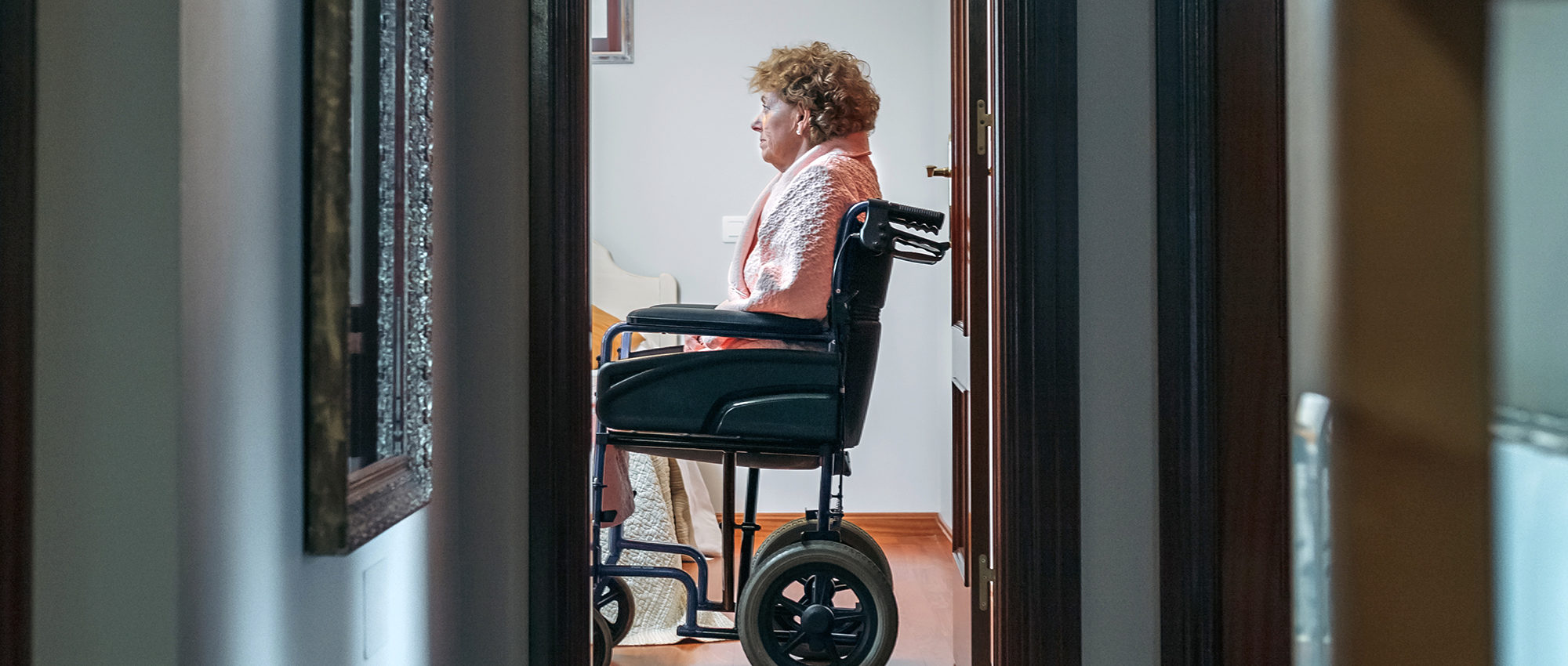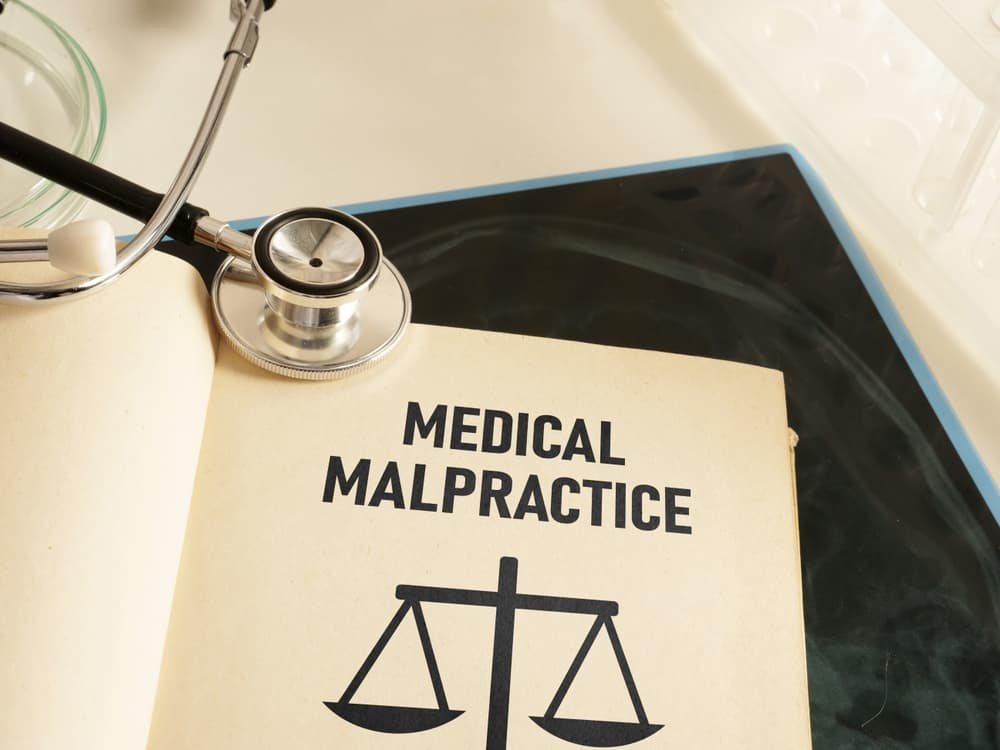
Nursing Home Safety in South Carolina
Elderly people enter nursing homes to stay safe because they can no longer care for themselves and need help. While in many cases they receive professional care, it is not always true. Some nursing homes do not keep loved ones from being injured or provide inadequate or shoddy care, betraying them and their families.
When this happens, the family can hold the facility accountable for the loved one’s injury or death. Let’s examine how a nursing home reneges on its responsibility, and what a family needs to do.
Elements of Nursing Home Abuse
It is important to define the different elements of abuse. Abuse is an umbrella term since there are different ways to categorize it. The following are some of the more common forms of abuse frequently seen in nursing homes:
- Physical abuse: This type of abuse results from hitting, kicking or using restraints. Signs of this include multiple bruises, fractures, multiple falls and other signs the person was physically abused.
- Mental abuse: Many nursing home residents are isolated from family members or old friends.
- Neglect: Some aspects of neglect are bedsores, dehydration, lack of hygiene, frequent falls indicating lack of supervision, letting residents leave the building unaccompanied, malnutrition, overused sedation and signs of pneumonia.
- Uncared for illness: The nursing home is obligated to have a resident seen by a medical professional if they are sick.
- Sexual abuse: If a resident of a home is sexually abused, the residence is responsible.
- Financial abuse: Some residents are fraudulently robbed of funds by nursing home staff. In other instances, the resident’s property or identity may be stolen.
- Medication abuse: Whether it is due to staff shortages at the facility or lack of care, giving the nursing home resident the wrong medication or dose can lead to wrongful death.
How to Spot Nursing Home Abuse
When visiting, it is a good idea to take notice of the resident’s demeanor, cleanliness, excess pain or standoffishness. Residents may try to hide problems at the nursing facility out of fear or be too groggy to notice if they are being given heavy doses of sedatives. Look at their skin elasticity to see if they are dehydrated. Note if they seem furtive if you ask them questions about the residence and if they are nervous when one or more of the staff enters the room.
It is also critical to look at the resident’s surroundings for order and cleanliness. If the condition of the facility is in question, it should be reported immediately. If possible, pull out your cell phone and take pictures. If staff try to restrict you from doing this, ask to speak to the director.
Rising Abuse as South Carolina Nursing Homes Reach Capacity
In the past decade, the number of residents in nursing facilities in South Carolina, as well as nationwide, has increased. There are more than 15,000 nursing homes in the United States, and with an increasing clientele, abuse is also on the rise. In South Carolina, the numbers have increased by 25 percent since the turn of the century. Protective services try to stem the tide, but too many nursing homes abuse cases are emerging. In addition, only one out of every 14 abused residents is helped.
Abuse is not always easy to spot, however, your nursing home abuse attorney can help. He or she can check records that point to neglect or abuse in the past. The number of complaints against an individual nursing home can also be checked.
Filing a Complaint in South Carolina
In South Carolina as elsewhere, there are laws that prevent and punish nursing home abuse. In fact, it is a crime not to report such abuse by virtue of § 16-3-1050. In addition, the Omnibus Adult Protection Act is in place to ensure that reports of abuse are investigated.
Morris Law Accident Injury Lawyers - Nursing Home Abuse
Our firm fights for the rights of the older members of the community. We want families to know that we will investigate their case and file a claim against the nursing home if their loved one is abused. Call us at (843) 232-0944 to schedule a free case review. Our elderly deserve a safe, clean place to live as well as skilled care.








